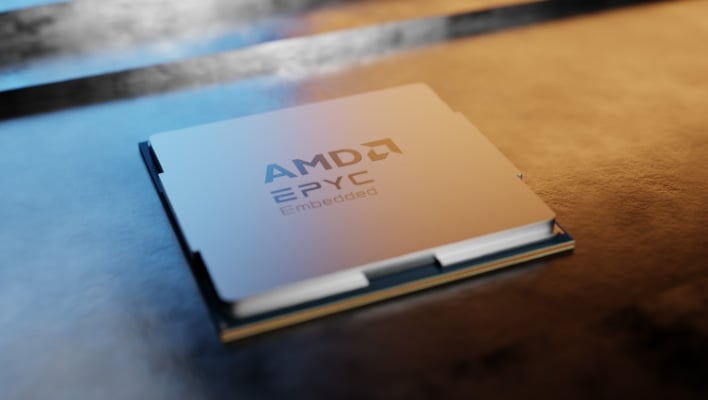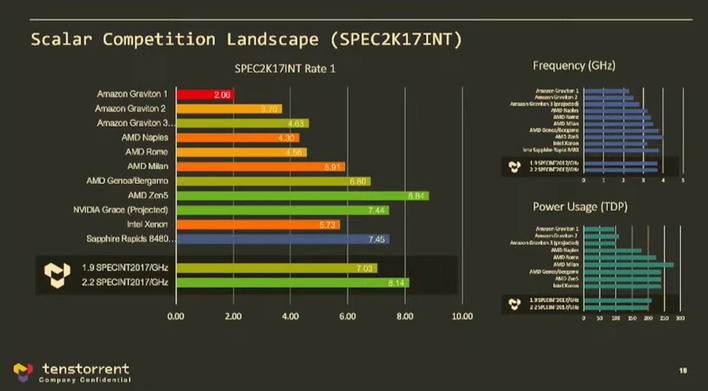Father Of Zen Jim Keller Predicts Zen 5 Will Deliver A Massive IPC Uplift

Every architecture deployed by any company after Jim's tenure there has been nothing short of solid gold, so the man clearly knows what he's talking about. Hopefully that's the case with his work at Tenstorrent, where the company just put on a show talking about its upcoming Ascalon CPU. Ascalon is slated to deliver industry-leading performance-per-watt for integer math—the most important type of math for AI.
We're not here to talk about Ascalon today, though. After all, Ascalon isn't an x86-64 CPU, and thus is not likely to be particularly interesting to PC enthusiasts who primarily run Windows. What is particularly interesting is a certain chart that Keller showed during his presentation that compares Tenstorrent's new Ascalon processor against a variety of competitors, including Amazon's Graviton, AMD's EPYC, NVIDIA's Grace, and Intel's Xeon CPUs.

Now, Jim Keller was indeed a primary designer on Zen, but it's been a while since he was last at AMD, and officially, he probably has no idea what Zen 5 is capable of. Officially. It's not difficult to imagine a world where Keller knows full-well what Zen 5 can do due to having friends and colleagues still at AMD, though. Notably, the NVIDIA Grace score says "Projected", but the AMD Zen5 prediction says no such thing.
It's important to understand that SPECINT is a benchmark of a processor core's ability to process integer math instructions. It's a single-core benchmark, meaning that this performance uplift for Zen 5 isn't the result of AMD's tendency to stack on more cores than the competition. Perhaps even more impressive is that despite the massive 30% performance gain over Zen 4, Keller seems to think Zen 5 will hold power consumption steady at just under 250 watts.
Of course, Ascalon is supposed to come within striking distance of Zen 5's performance, and it is expected to do it while staying at or around a 200-watt TDP. That's impressive stuff, and if it hits its goals, Tenstorrent could really be disruptive in the AI market. Here's a tip of the hat to Keller and his team for both their future success as well as the interesting Zen 5 prediction.

